Nourishing the Mind, Body & Profession! A Reflection on Food, Health Care and Reconciliation5/21/2019
By: Gurneet K. Dhami, MSc Student, Mount Saint Vincent University
Teachings of the land and people have sustained our society to survive and thrive for many years. It is when we lose the connection with the land and people that issues arise in society, such as climate change, food insecurity, and compromised health status just to name a few.
Attending the Nourish Food for Health Symposium (1) at Evergreen Brickworks in Toronto from May 15-16th, 2019 has showcased the importance of connecting people to the land in order to better the health for all by having #FoodForAll2019. This was an event 3 years in the making, with innovators (2) and communities collaborating on many different sectors with the support from the J.W. McConnell Family Foundation (3) along with key partners including HealthcareCAN (4), Healthcare Without Harm (5) Food Secure Canada (6) and the Canadian Coalition for Green Healthcare (7).
Conferences are often privileged spaces of knowledge sharing that determine ‘whose’ knowledge is ‘valuable’ enough to deserve days/hours of discussion with people who are able to rise to the occasion. It is often times individuals who have the financial (8) means, privilege (9) and power that have the most say in the matter. This tends to be the status quo in reality, where the dominant culture’s ideals are deeply rooted from places of colonial ideologies (10) and white privilege deemed to be the ‘normal’ way of everyday life (11). This is deeply troubling, as issues of inequity, discrimination and injustice continue to comprise the lives of people fromBIPOC (12) (Black, Indigenous, People of Colour) communities.
‘Who’ attends verses ‘who’ is targeted are 2 different things, as questions around accessibility and affordability with venues, registration fees are the first layer; and the appropriateness of topics through consideration of inclusion and equity are the second layer as the program comes to light. Hayley Lapalme (13), Nourish Program Designer/Facilitator, welcomed us by acknowledging her social location with her European ancestry and how she, along with the team have kept the voices of the Indigenous community at the centre focus to which point she became emotional in recounting the injustices that continue to negatively impact the communities. The tears she shed, were shared by many attendees at the conference, as we became vulnerable in our discussion of history and food.
The importance of holding a space that accommodates the targeted population is a difficult undertaking. The Nourish Health team choose a host the event at Evergreen Brick Works (14), which is a green gem in the city of Toronto along with a place of communal gatherings and social enterprises, which I learned from an Evergreen employee and friend Lhazin Nedup (15). Additionally, bursaries were available along with volunteer opportunities to support individuals seeking financial assistance to make it out. I was fortunate to be offered a bursary that enabled me to attend.
The second part of the equation has a lot to do with the organization’s stance on creating socially just spaces for knowledge exchange. The focus on Indigenous knowledge and reconciliation (16) were at the forefront of the conference, examples include the traditional opening, the experiential workshops such as the Medicine Walk (17) and Kairos Blanket Exercise (18)
along with sessions focused on Indigenous Food pathways and Two-Eyed Seeing (19) in practice. The inclusion of cultural food brought to us by caterToronto (20), Johl Ringuette (21) from NishDish (22) along with the future of hospital lunches recipes by Chefs Joshna Maharaj (23), Rich Francis (24) and Simon Wiseman (25) which was re-created by ChefBrad Long (26) and his team atBelong Catering (27) at the venue goes to show the extra effort put into dishes beyond the plate.
Additionally, the opportunities to take field trips offered a nuance to the conventional ‘sitting and listening’ to ‘going out and engaging with the lived experience’ of the community; such as the visit to theBlack Creek Community Farm (28), led by Anan Lololi (29) representing the Afri-Can FoodBasket (30), Cheryl Prescod (31) and Leticia Deawuo (32) from Black Creek Community Health Centre (33). Participants reflected on the value the farm brings to the Jane and Finch community with the connection to food, land and culture during our sharing session. Another group visited the University Health Network GROW Garden (34), led by Amanda Beales (35) and Ed Rubinstein (36). Attendees shared their surprise of the therapeutic connection the garden brought to patients and staff at the hospital as they took a look beyond food for feeding.
Attendees not only walked away with stories and reflection, a policy report, Nourshing the Future of Food in Health Care (37), was introduced by Jennifer Reynolds (38) from Food Secure Canada (39). As we read about food in health care settings, we enjoyed Hospital Food Experience from the Future (40) lunch with three great meals. The creations were presented by Chef Joshna Maharaj (41) from Holland Bloorview Kids Rehabilitation Hospital, Chef Simon Wiseman (42) from the Children's Hospital of Eastern Ontario (CHEO), and Chef Rich Francis (43) with Unity Health Toronto. An array of panelists, such as Andre Picard (44), childrens’ prespective from Aiden and Abean, Elder Margaret Edgards, Tessie Harris (45), and Dr. Edward Xie (46) joined Hayley Lapalme on stage to provide their feedback along with the audience. Chef Rich Francis’ Salmon dish took the golden baking sheet for first as a crowd pleaser among all ages! All the dishes tasted better then they looked as attendees shared feedback at their tables and on twitter.
The dietitians took front and centre with the Food Service Innovation (47) session, where topics surrounding food standards, diet liberalization, menu standardization and staff education were discussed in length. A national group of Food Service Directors and Clinical Nutrition Leaders have led the wave on setting standards to prevent malnutrition. Collaborators included the Canadian Malnutrition Task Force (48), Food Secure Canada and Dietitians of Canada (49). I have had the pleasure to learn about the topic at hand prior to the event thanks to my MScAHN classmate, Safura Syed (50), who is involved in advocating for cultural cuisine in long term care settings with her thesis topic. There is a lot being done by food service companies, as I was given insight from my conversation with Dahlia Abou El Hassan (51), Brielle Perl (52), and Bob Moulson (53), whom all play a role in supporting the quality of life with the plates they serve in client-centred approaches to care.
Connecting with people from the past and people you will meet again was a key point at the event. At this point I chatted with the volunteers like Leya C (54) Chloe Gao (55), Sharene Shafie (56) from environmental studies, nutrition, and design backgrounds who helped support the conference. We shared a conversation on ‘diversity’ and ‘opportunities’ as we found comfort in both at the Nourish conference. I also ran into another Ryerson classmate, Amanda Jekums (57), who works at the Global Alliance for the Future of Food (58) and continues to advocate in the food sustainable sector as I recall from our university days. Along with a catch up chat with a Nourish Innovater, Kelly Gordon (59), whom I originally met through the Aboriginal Nutrition Network (ANN) of Dietitians of Canada (60). Kelly also added on to the quote Hayley shared by stating that more needs to be done “with” indigenous relation and the land as we work towards reconciliation.
The keynotes brought us on to a critical conscious state as we reflected on our role to the land and what we hope to grow in the future. As Sheila Watt-Cloutier (61), an environmental, cultural and human rights advocate (62), recalled her own story and need to focus on climate change, as it connected to social, food and health issues alike. The story of the North is beyond polar bears and glaciers, it also includes the Inuit people who like with nature are experiencing the eroding impact of climate change in their daily life. Lastly, Peter Senge (63), an author, organizational founder and professor at MIT (64), grounded us through a reflection period where we took a chance to look back at the last 2 days and how we see ourselves immersed in the work we come to learn. This is the point where I bring in quotes from fellow colleagues I met at the event:
Eric Ng (65), a Registered Dietitian and Ph.D student at Ryerson University shared that “the team at Nourish demonstrated how Indigenous and Non-Indigenous colleagues and communities can work together towards a common goal in a good way. Through mutual respect, humility, and meaningful partnerships with Indigenous elders, leaders and colleagues, the conference showed us that we cannot talk about food without talking about the Land, Truth and Reconciliation and Food Sovereignty. Indigenous sessions and ways of knowing and being are integrated throughout rather than being tokenistic. This was a result of the relationships that are continuously being intentionally nourished from the beginning of the project. They didn't really need to read the standard "Land Acknowledgement" statements; the event itself was a living acknowledgement itself.” Dietetic Interns from the Northern Ontario Dietetic Internship Program (NODIP (66)), Leanne Johnson (67), and Justine Glover (68) a fellow Ryerson classmate answered my questions surrounding the role of dietitians in an interdisciplinary team, what they envision the future food systems to be and how we can participate in achieving that vision today, and here's what they had to say: Justine shared that “being at the conference reflects the need for interdisciplinary work outcomes.” Justine also goes on to say that “advocacy for different food price options for patient food (i.e. get rid of the number as we focus more on the care aspect food brings), as food companies can create contracts with local farmers”, which were also points of discussion at the conference.
Leanne states that “collaboration is something that is discussed and something we need to back-up with funding in our roles (i.e. someone has more psychology insight relevant to the situation)”. Leanne also shared the “need to look beyond the Registered Dietitian, RD title to work with and support populations to see the bigger picture.”
Christine Mills (69), a Registered Dietitian and Ph.D student at Queen’s University, also answered the aforementioned questions by recommending the “involvement of patients, clients and Indigenous people local to the area; whether that be research or care. Working with not to them, from the beginning (growing) to the end (plate), as involvement is key!” Cheryl Hsu (70), Nourish Design Researcher/Communications Strategist shared her take away from the event to be the need to “lean into the discomfort you don’t understand, sit with it and then integrate it. Let it come up in the actions you take to be ok with not understanding to understanding.”
Molly Fremes (71), whom I met last summer in FoodShare’s (72) Teachings from the Land: A Cross Cultural Food Justice Program (73) led by Carolynne Crawley (74) summed up the occasion as the Nourish team’s Events and Communications Coordinator by stating that “the most exciting part of the program is exploring what you can do, [like the] innovators can do thanks to support!”
Writing this blog has been a truly reflective journey as my thesis work intersects area of racism, oppression and privilege with the topic of diversity in dietetics in question. At the end of the day, “we are all treaty people (75)” and we all have a role to play in reconciliation, as professionals in the field of nutrition and dietetics. We must understand the individual’s social location (76) and relation to the social determinants of health (77) in order to uphold client-centred care practices as professionals. I hope we can take the first step in educating ourselves and use the privileges we have to advocate for the BIPOC community and not expect the disadvantaged to continue to struggle with the luggage they carry, but instead lending a helping hand down the path of inclusion and equity through reconciliation.
REFERENCES:
1 Comment
|
The Ontario Home Economics Association, a self-regulating body of professional Home Economists, promotes high professional standards among its members so that they may assist families and individuals to achieve and maintain a desirable quality of life. Categories
All
Archives
April 2024
|
|
Subscribe to our mailing list
|
|
Unsubscribe from our mailing list
|
Copyright © 2023 Ontario Home Economics Association (OHEA). All Rights Reserved.

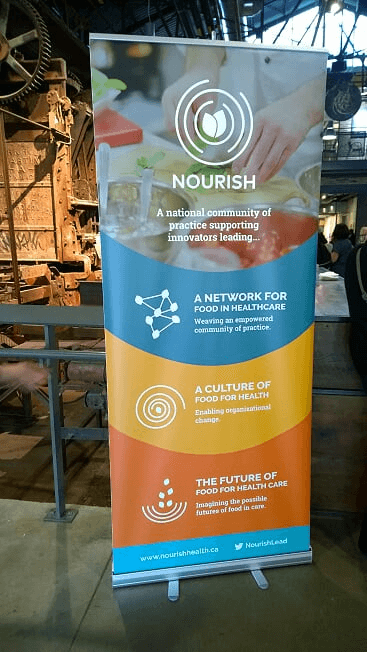
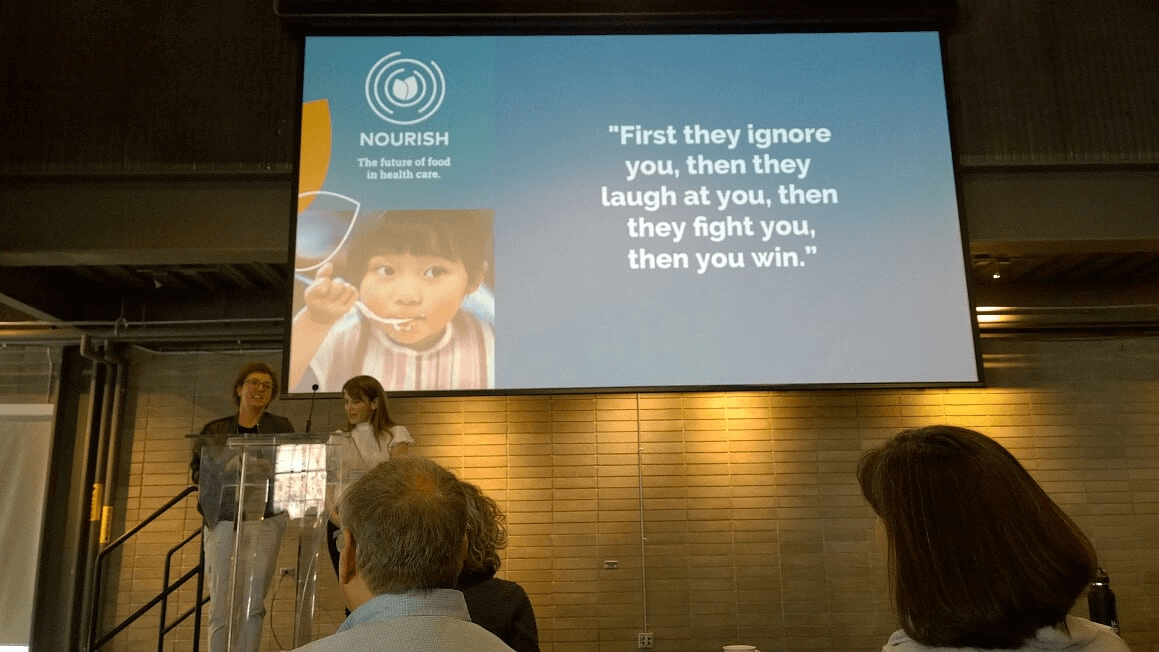
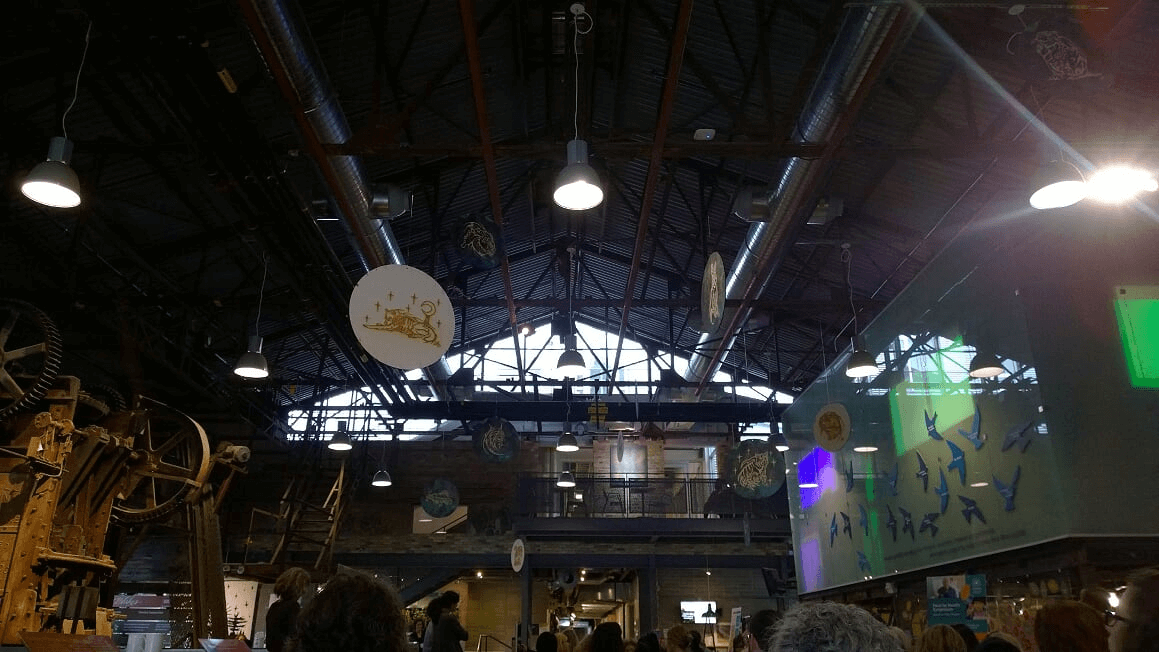
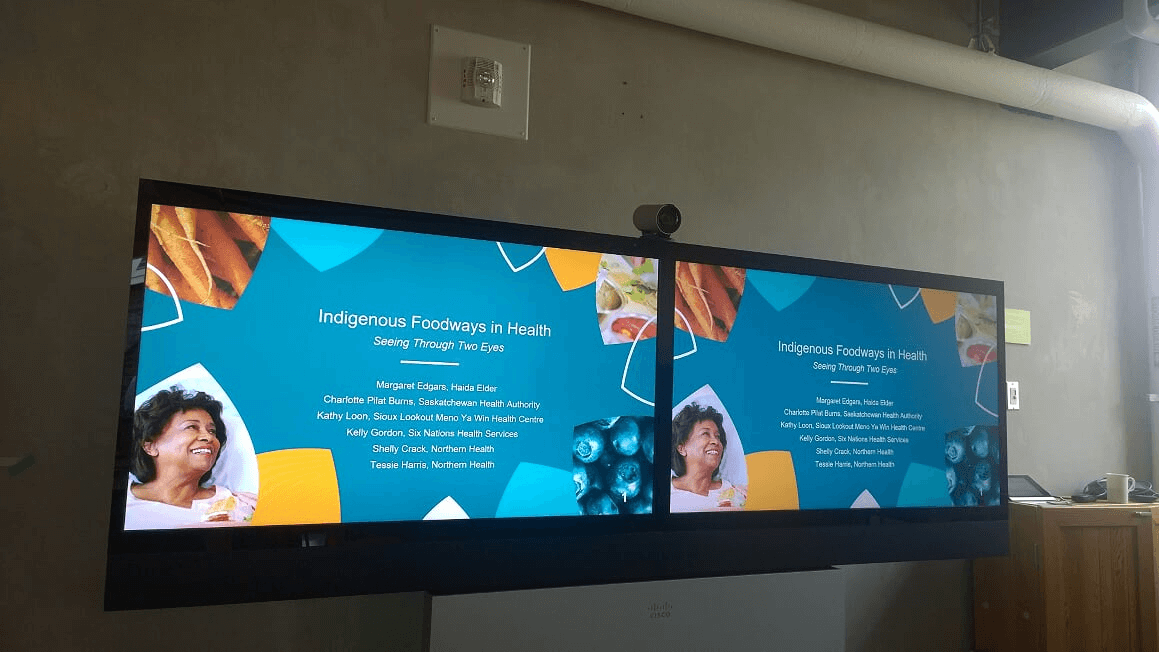
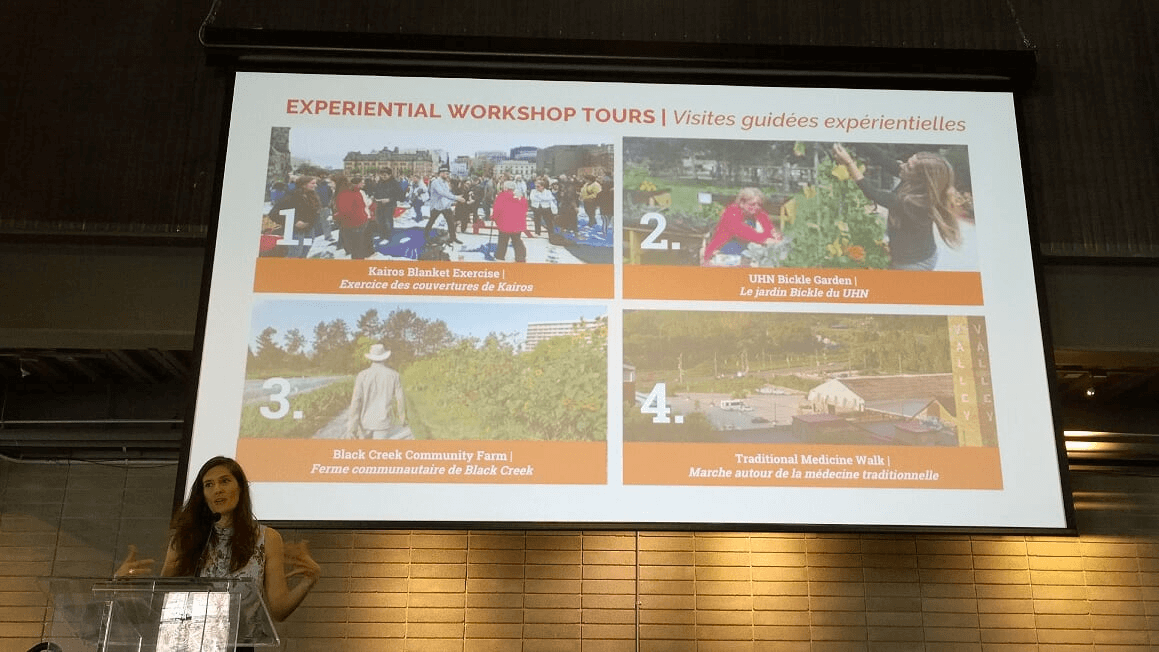
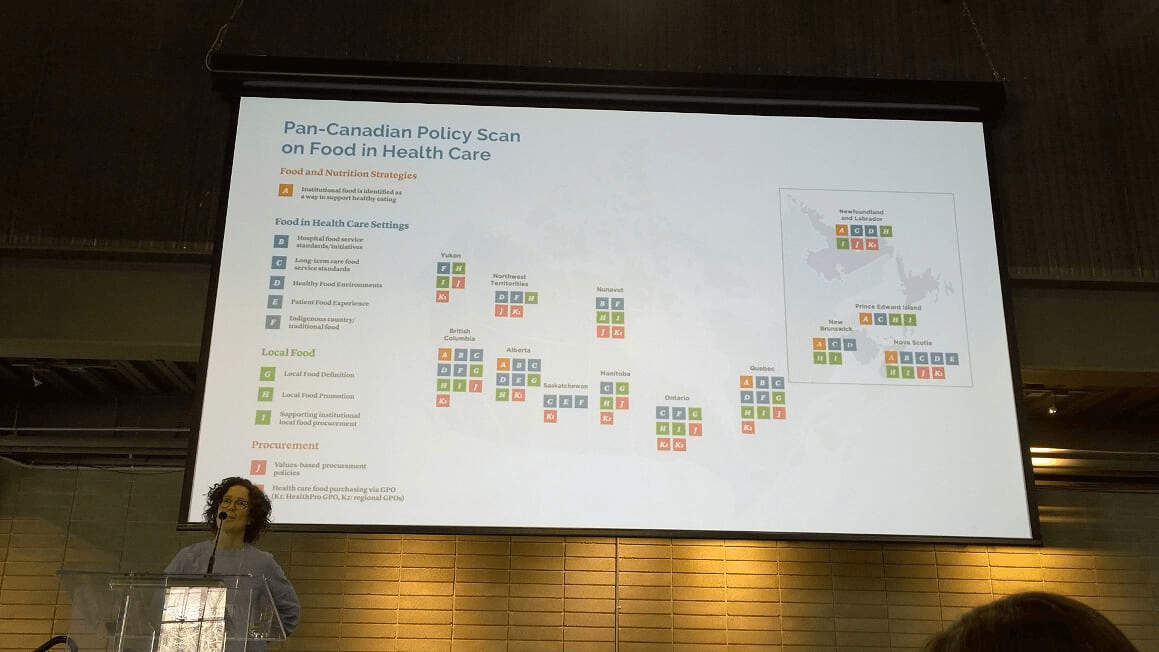
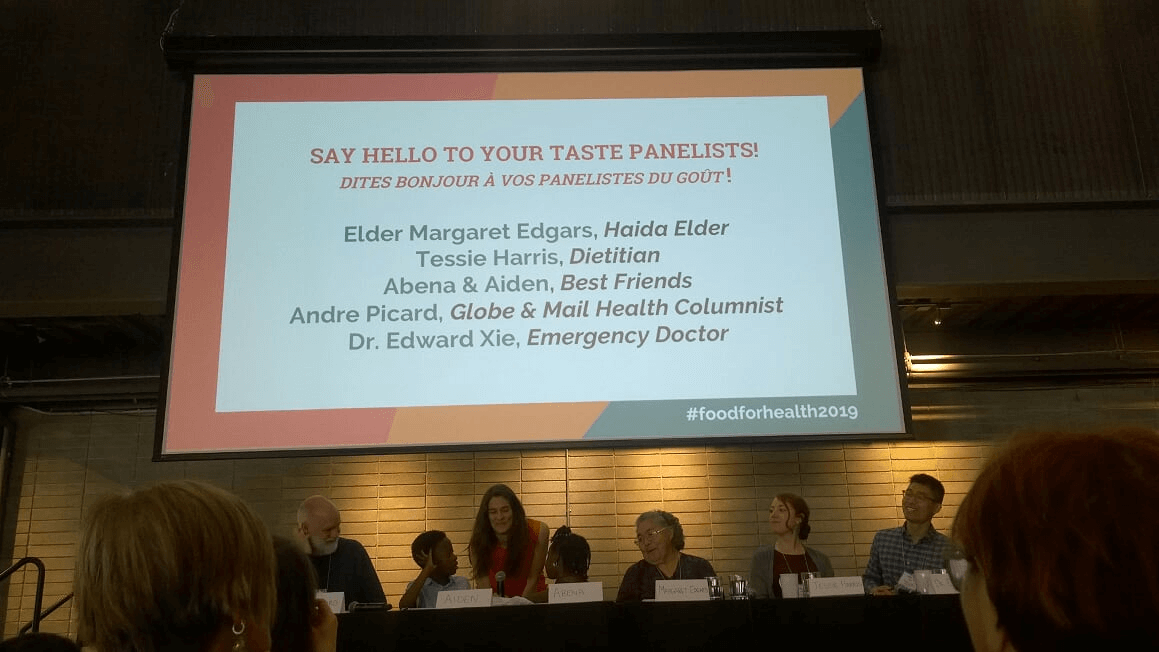
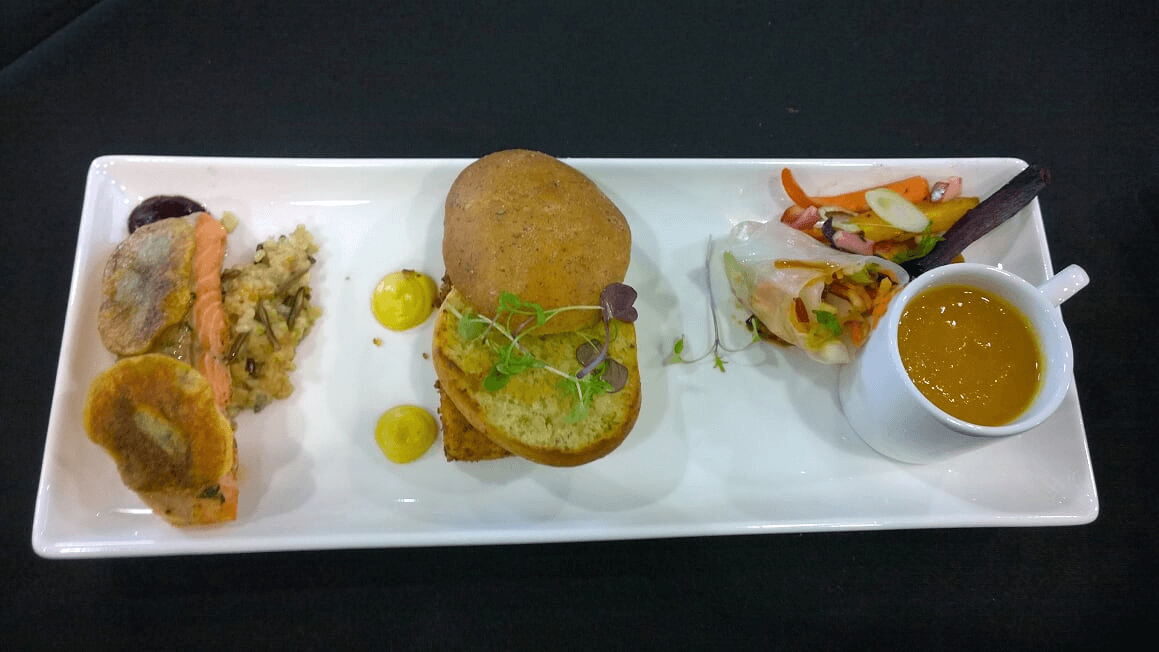
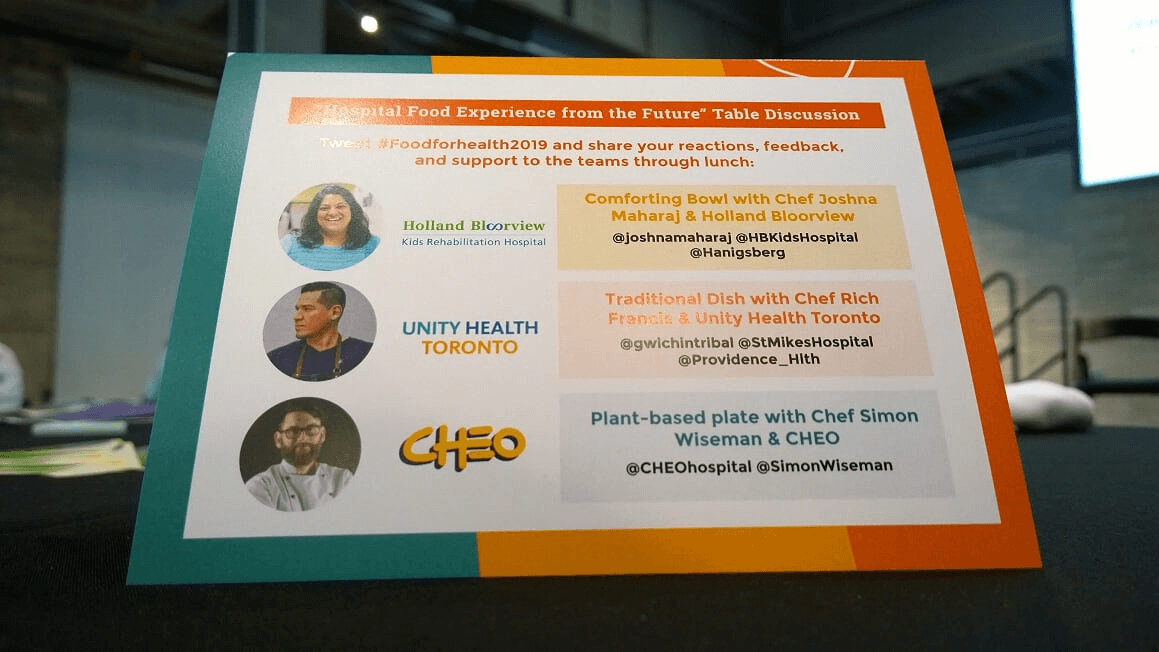
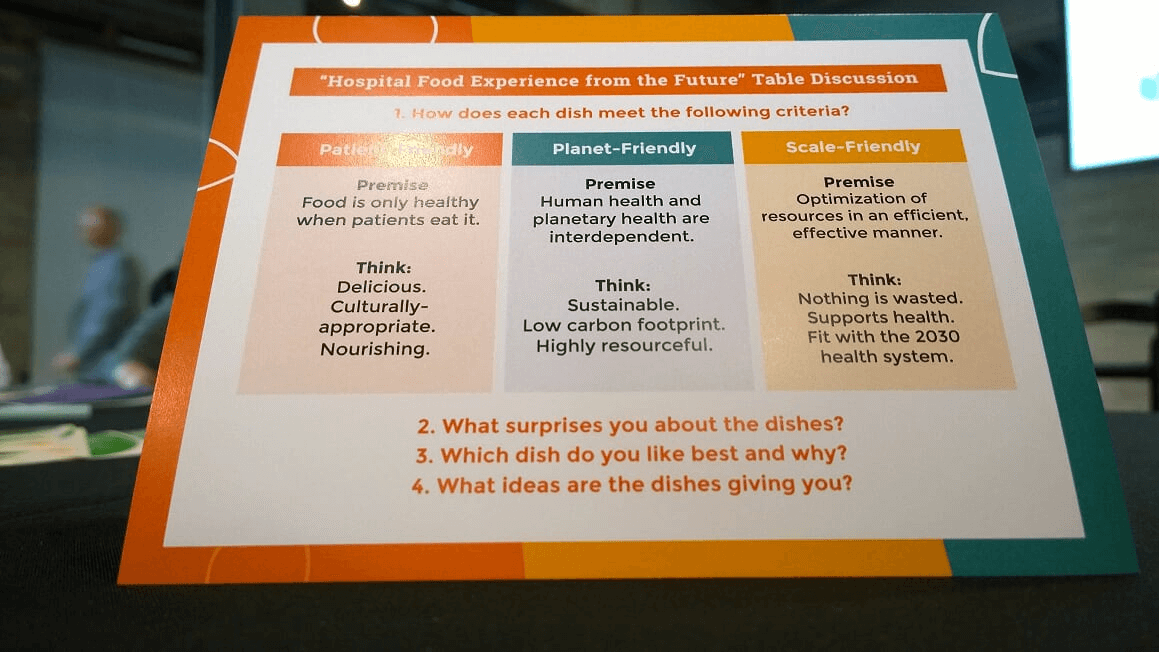
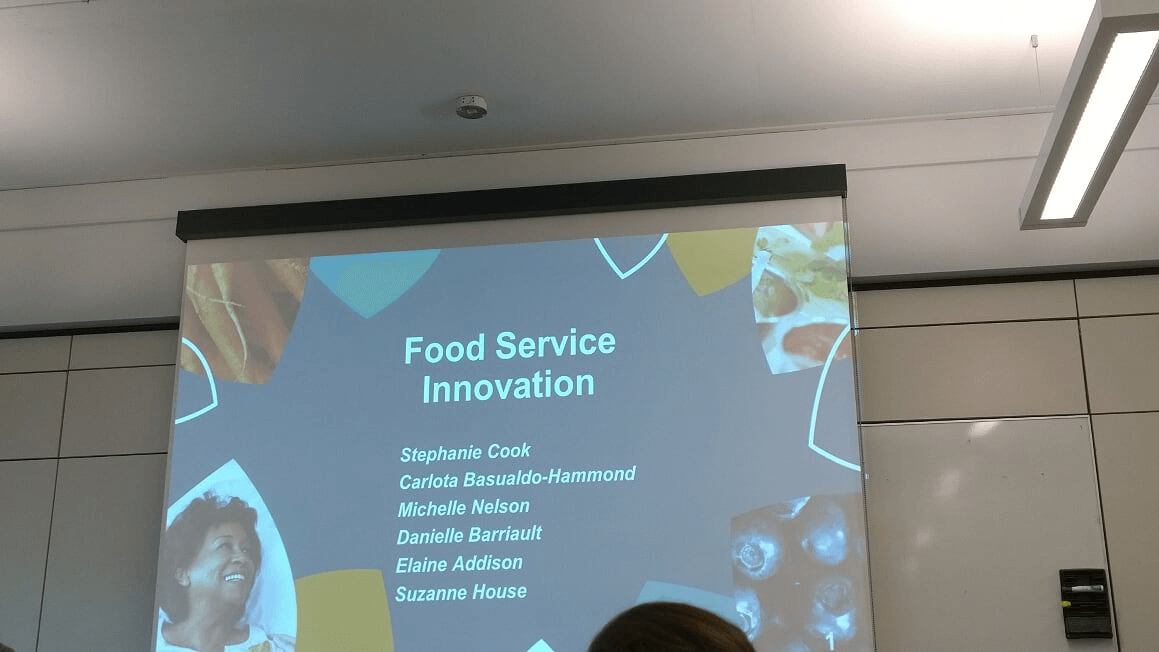
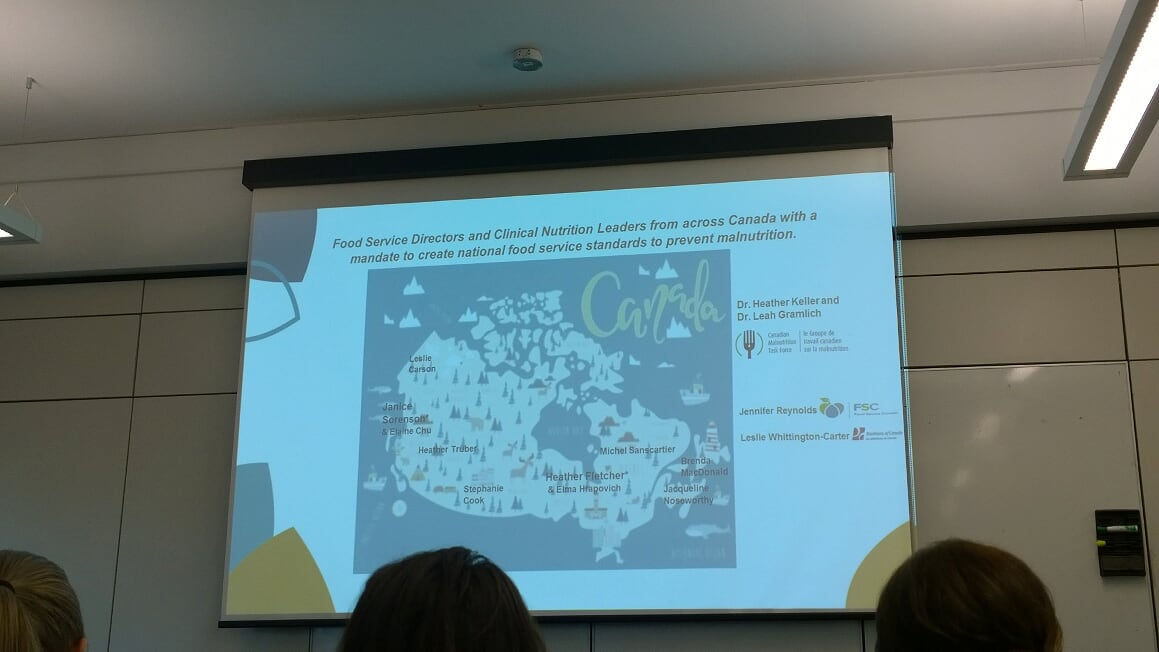
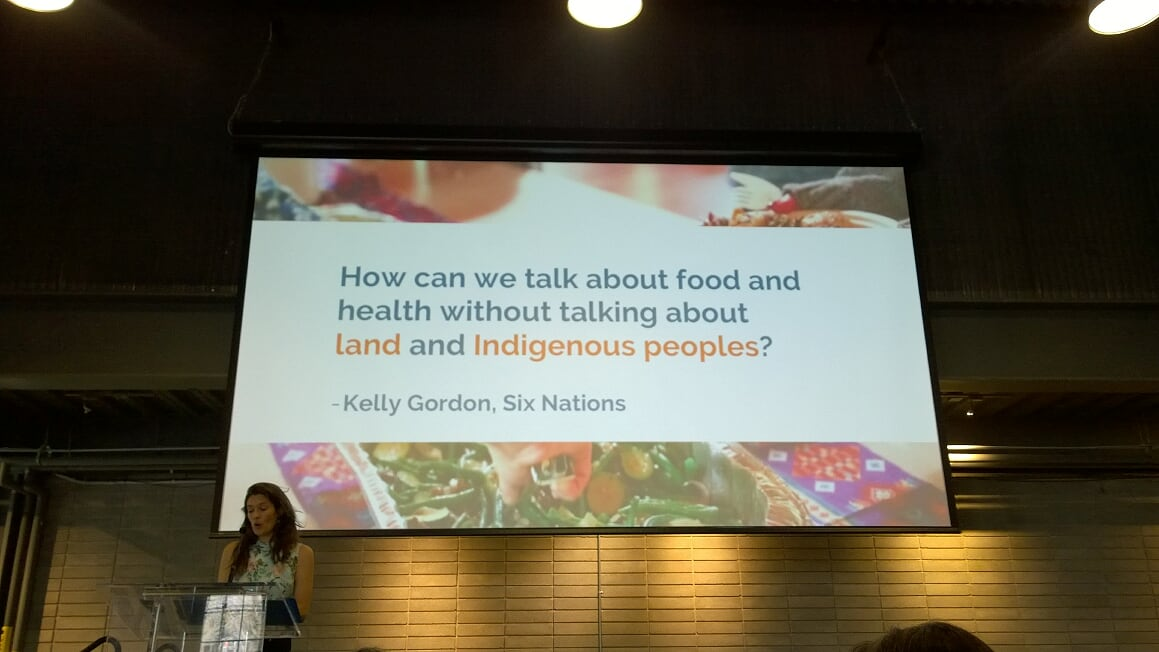
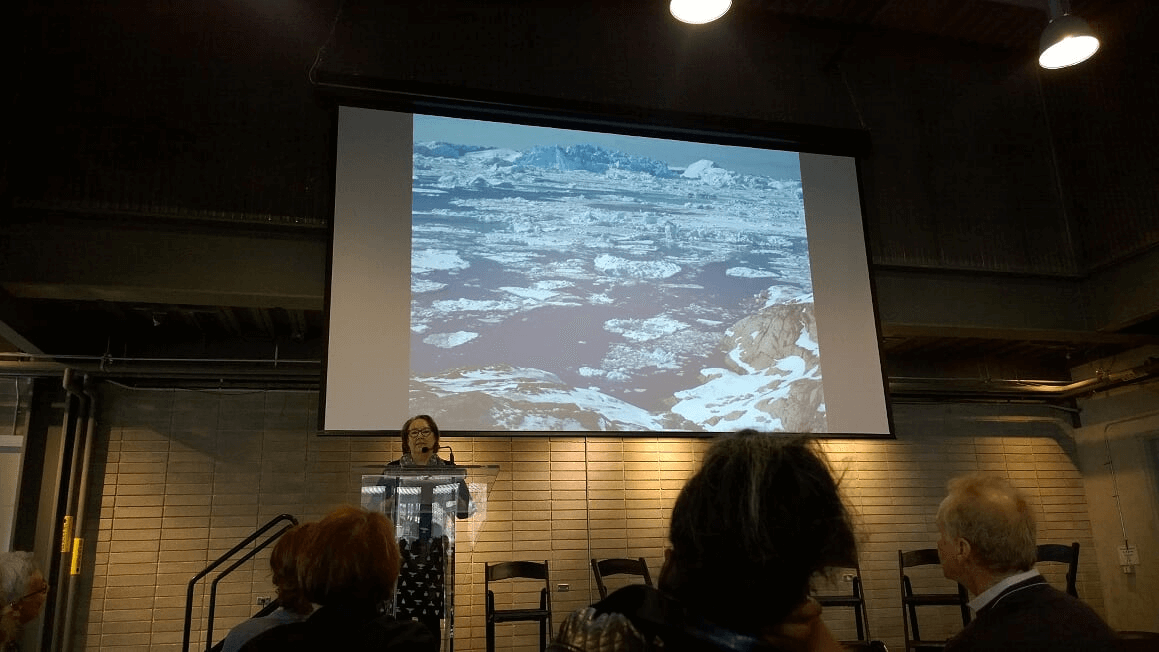
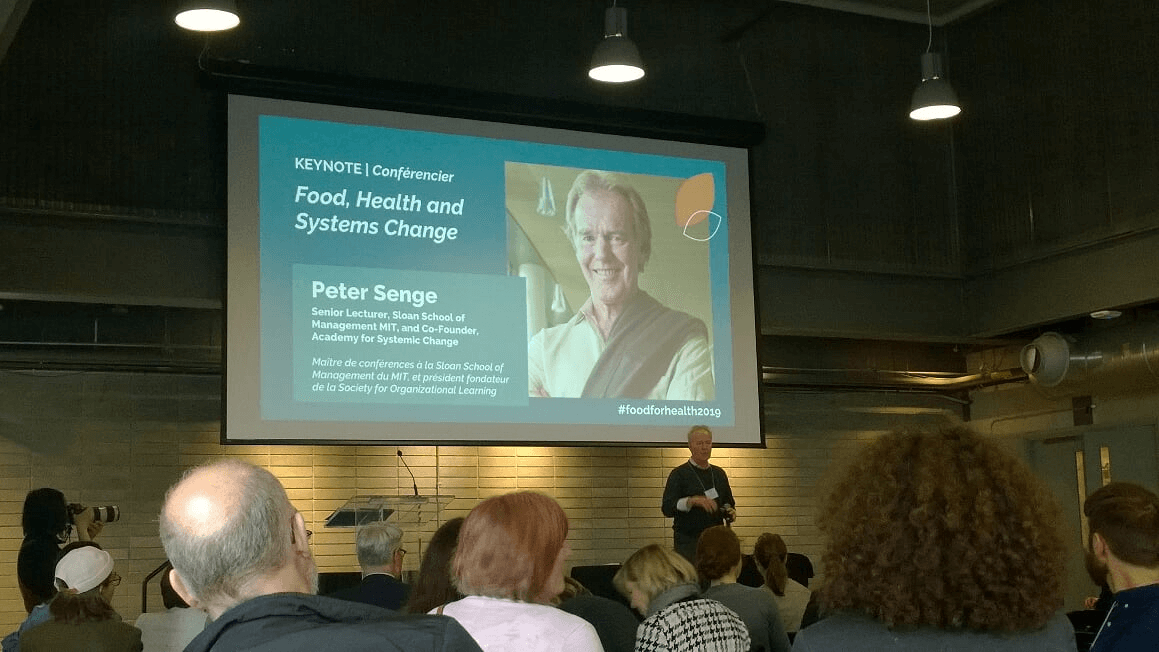
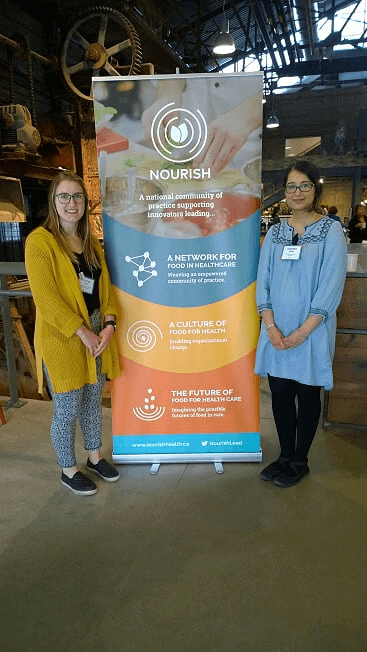
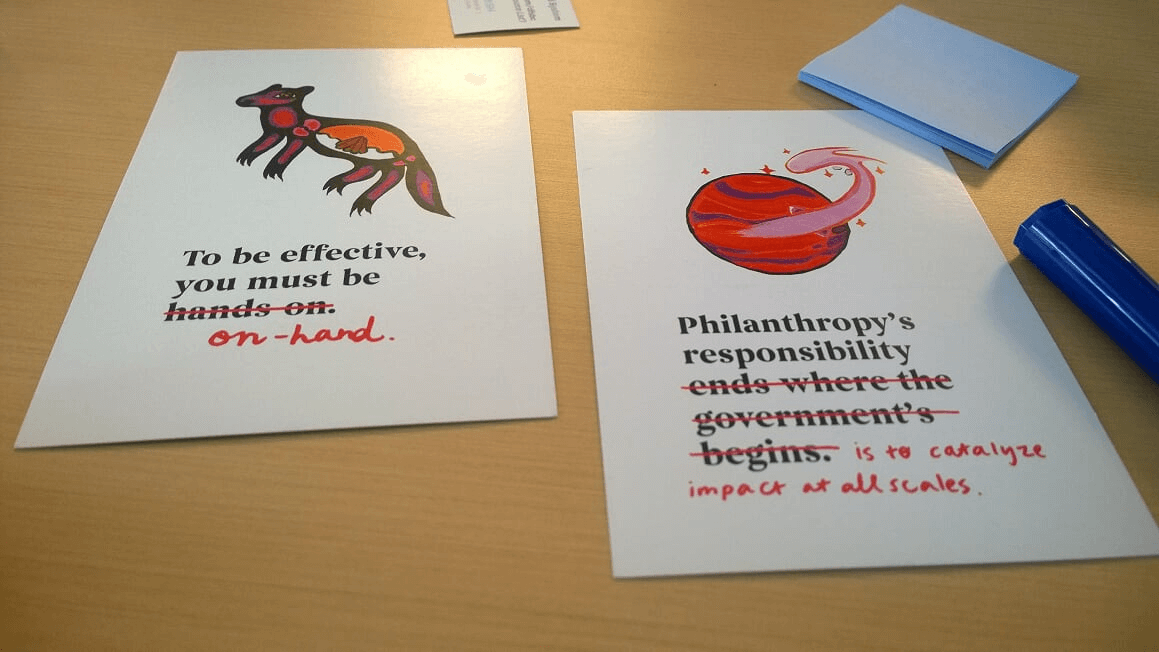
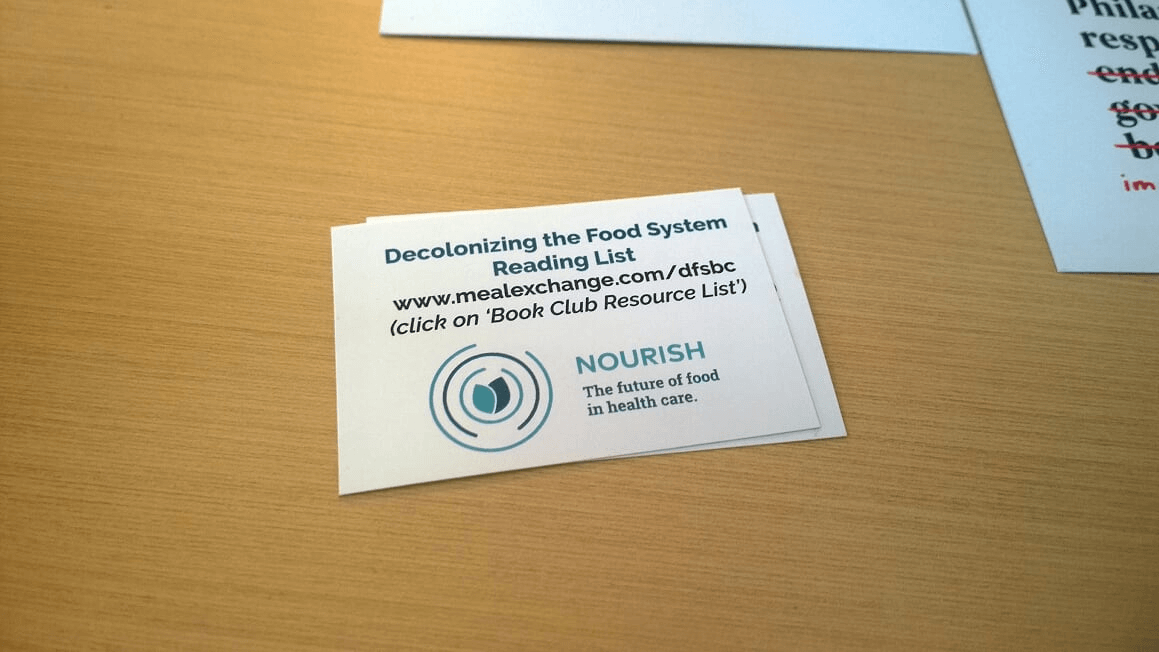

 RSS Feed
RSS Feed